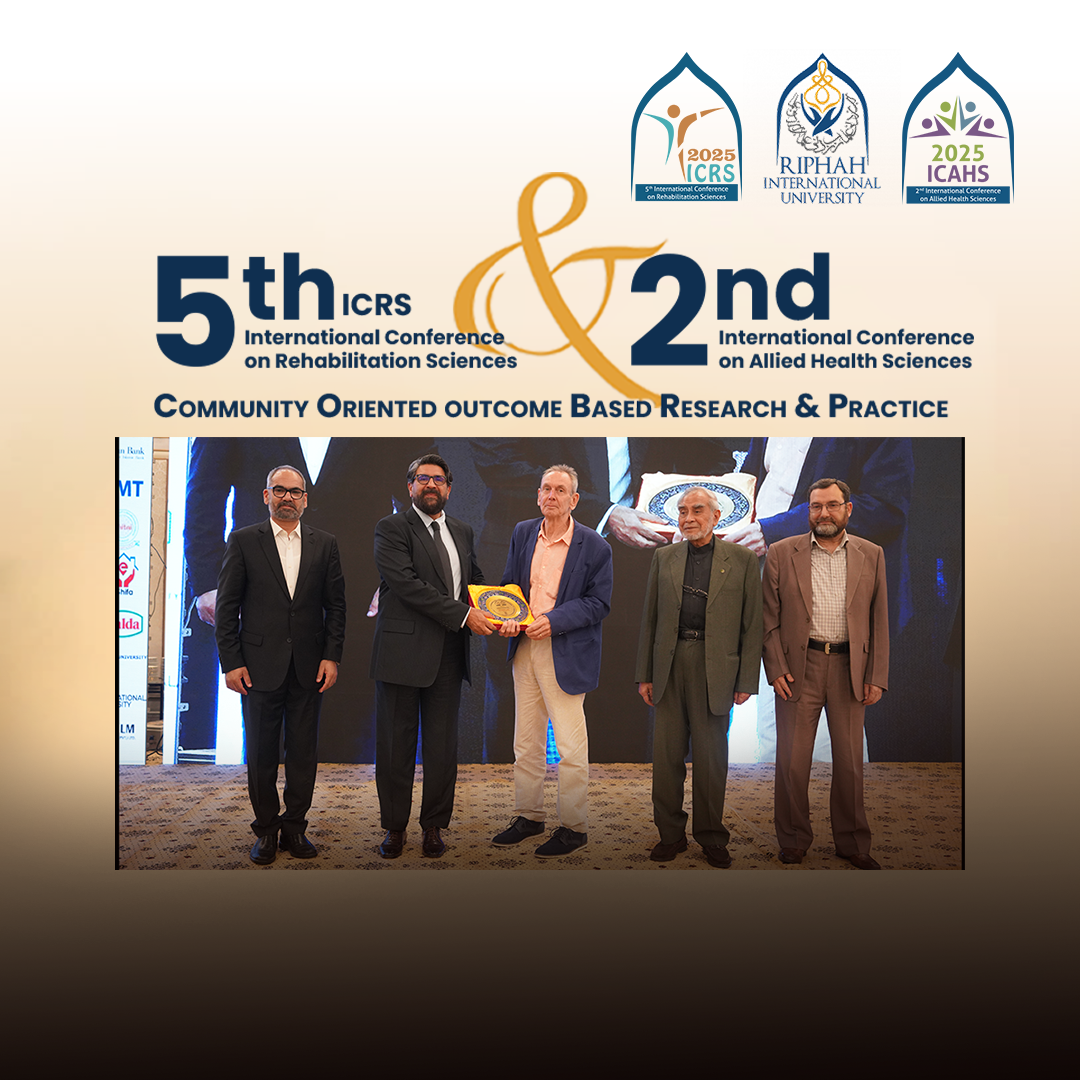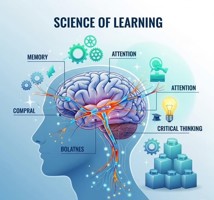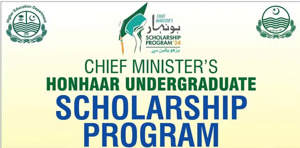
Riphah International University successfully organized the 5th International Conference on Rehabilitation Sciences (ICRS) and the 2nd International Conference on Allied Health Sciences (ICAHS) from October 3 to October 5, 2025, at the prestigious Pearl Continental Hotel, Lahore. The joint event stood as a landmark initiative that brought together thousands of national and international experts, researchers, clinicians, and academicians under the unifying theme of “Community-oriented Outcome-Based Research and Practice.”
This year’s conferences highlighted the growing need for evidence-based approaches and community-driven research in health sciences, focusing on improving healthcare delivery systems, rehabilitation services, and interdisciplinary practices worldwide.
Empowering Professionals Through Extensive Pre-Conference Workshops
Before the commencement of the main conferences, Riphah International University organized an impressive lineup of 55 pre-conference workshops, setting a new standard for hands-on professional development.
Out of these, 27 workshops were conducted by distinguished international speakers, providing advanced skill training and knowledge sharing to more than 500 participants from various healthcare backgrounds.
At the national level, 30 specialized workshops were held, attracting 750 participants, all eager to enhance their practical competencies in rehabilitation and allied health disciplines. Furthermore, four professional certificate courses were introduced during the pre-conference phase, which benefited 120 professionals, marking a significant step toward continuous education and clinical excellence in Pakistan’s healthcare sector.
Massive Turnout and Global Engagement
The dual conferences witnessed an overwhelming participation of more than 3,000 delegates, representing national and international institutions, universities, hospitals, and research centers. Notably, 20 international participants also joined the sessions virtually, reflecting the global outreach and hybrid inclusivity of the event.
Over the three-day conference, the academic engagement was extensive, featuring:
-
205 research dialogues
-
96 oral lectures
-
108 poster and multimedia presentations
These sessions covered a wide range of interdisciplinary topics including physical therapy, speech and language pathology, occupational therapy, medical laboratory sciences, human nutrition, and healthcare innovation — all aligned with the overarching theme of community-based outcomes and research impact.
International Collaboration: 40 Keynote Speakers from 17 Countries
The 2025 edition of ICRS and ICAHS brought together an impressive roster of 40 internationally renowned keynote speakers representing more than 17 countries. The participating nations included:
USA, UK, Australia, Switzerland, Ireland, Malaysia, Italy, Jordan, Saudi Arabia, UAE, Bahrain, Japan, Oman, Egypt, Russia, and Nigeria.
These global experts shared their groundbreaking research and insights on emerging healthcare challenges, rehabilitation technologies, artificial intelligence in health systems, and sustainable healthcare practices. Their contributions played a pivotal role in advancing the international dialogue on allied health sciences and rehabilitation-based research.
National Leadership in Healthcare and Academic Excellence
From within Pakistan, 135 prominent national keynote speakers representing the country’s top universities, research institutions, and healthcare organizations also participated. These included professionals from Riphah International University, King Edward Medical University, University of Health Sciences (UHS), Punjab University, Aga Khan University, Dow University of Health Sciences, and other major institutions.
Their presentations emphasized Pakistan’s growing research capacity in rehabilitation sciences, the evolution of allied health education, and the need for stronger academia-industry linkages to promote innovation and employability in the healthcare sector.
Building Pathways for Over 100 Industrial and Academic Collaborations
One of the most remarkable outcomes of the conferences was the establishment of over 100 new collaborations between academic institutions, healthcare organizations, and industries. These partnerships are expected to drive forward research, innovation, and technological advancement in rehabilitation and allied health sciences, both locally and globally.
Through such collaborations, Riphah International University aims to strengthen Pakistan’s position as a regional hub for health sciences research, professional training, and international cooperation.
Conference Highlights and Themes
The central theme, “Community-oriented Outcome-Based Research and Practice,” emphasized the importance of aligning healthcare research with community needs and measurable patient outcomes.
Key topics discussed included:
-
Rehabilitation in neurological and musculoskeletal disorders
-
Advances in prosthetics and orthotics
-
Mental health and community well-being
-
Digital health technologies and tele-rehabilitation
-
Nutrition and lifestyle management
-
Interdisciplinary collaboration in healthcare delivery
-
Sustainable rehabilitation practices for developing countries
These themes not only underscored the significance of practical, evidence-based research but also reflected a growing commitment among Pakistani institutions to adopt global best practices in healthcare education and delivery.
Strengthening Pakistan’s Research Ecosystem
The event served as a powerful platform for young researchers, postgraduate students, and healthcare professionals to present their work, exchange ideas, and receive constructive feedback from global experts.
Poster competitions, oral presentation sessions, and interactive dialogue panels provided opportunities for participants to showcase innovative approaches to rehabilitation and healthcare challenges.
By integrating international perspectives with local realities, Riphah’s conferences reaffirmed Pakistan’s potential to emerge as a regional leader in health sciences education and research.
Riphah’s Continued Commitment to Health Sciences Education
As a pioneer in the field, Riphah International University continues to play a vital role in advancing health sciences education in Pakistan. Through initiatives like ICRS and ICAHS, the university aims to bridge the gap between research, education, and practice—ensuring that healthcare professionals are equipped with the latest knowledge and technologies to serve their communities effectively.
The conferences also reinforced Riphah’s commitment to promoting ethical research, patient-centered care, and professional excellence. The university’s vision aligns with global standards, striving to develop graduates who are competent, compassionate, and community-driven.



.jpg)













Share your comments & questions here
No comments yet. Be the first to comment!